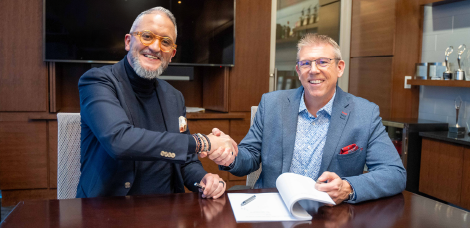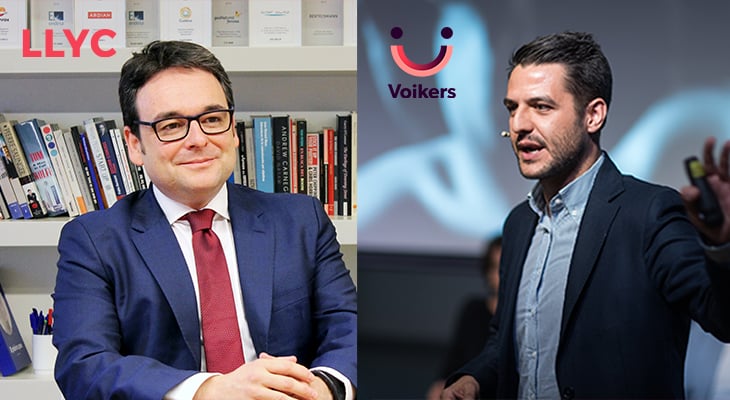-
TrendsStrategic Plan
-
CountriesSpain
LLYC’s Public Affairs area is launching a Circular Economy office to advise companies and organizations looking for an in-depth understanding of the new regulatory context, in addition to designing public affairs, institutional relations and advocacy strategies focused on projects related to this model of production and consumption. The firm thus seeks to strengthen the public-private dialogue between administrations and companies with a view to expediting the transition to a circular economy in Spain.
Carlos Ruiz Mateos, Senior Public Affairs Director at LLYC, will head this office with the support of two Senior Advisors from the consulting firm: Cristina Monge, environmental policy and sustainability expert, and Josep María Tost, one of Spain’s leading waste specialists. He will also have the support of the firm’s NextGen EU unit for those projects that are candidates for European funding.
In the words of Carlos Ruiz Mateos: “Spain faces a considerable challenge in its transition to a circular economy and must meet its commitments to the European Union. Our office is committed to helping to promote business projects that reinforce Spain’s commitment to the circular economy.”
“The transition to circularity will create a wealth of opportunities and jobs. Europe is committed to the circular economy and LLYC wants to take part in this process,” affirms Carmen Muñoz, Senior Public Affairs Director at LLYC and head of the area in Madrid.
As a unit specialized in advocacy and institutional positioning in the circular economy, the office will design projects holistically. It will incorporate complementary visions as they become necessary, ranging from technical advice to the forging of strategic partnerships and also communications strategy. It will also focus on the textile and footwear sectors, packaging, furniture and bulky goods, food production and distribution, construction and building. It will also specifically encompass sectors whose activities must incorporate Extended Producer Responsibility (EPR) and thus need solutions such as Collective Extended Producer Responsibility Systems (CEPRS). Broadly speaking, the Office will also collaborate with organizations and companies looking to promote their projects for improving the circularity of their activities for recognition by public agencies and administrations.
LLYC’s Public Affairs area has accumulated extensive experience in recent years in advising on circular economy by assisting clients during the approval in Spain of the entire waste regulatory package and in institutional positioning in circular economy.



